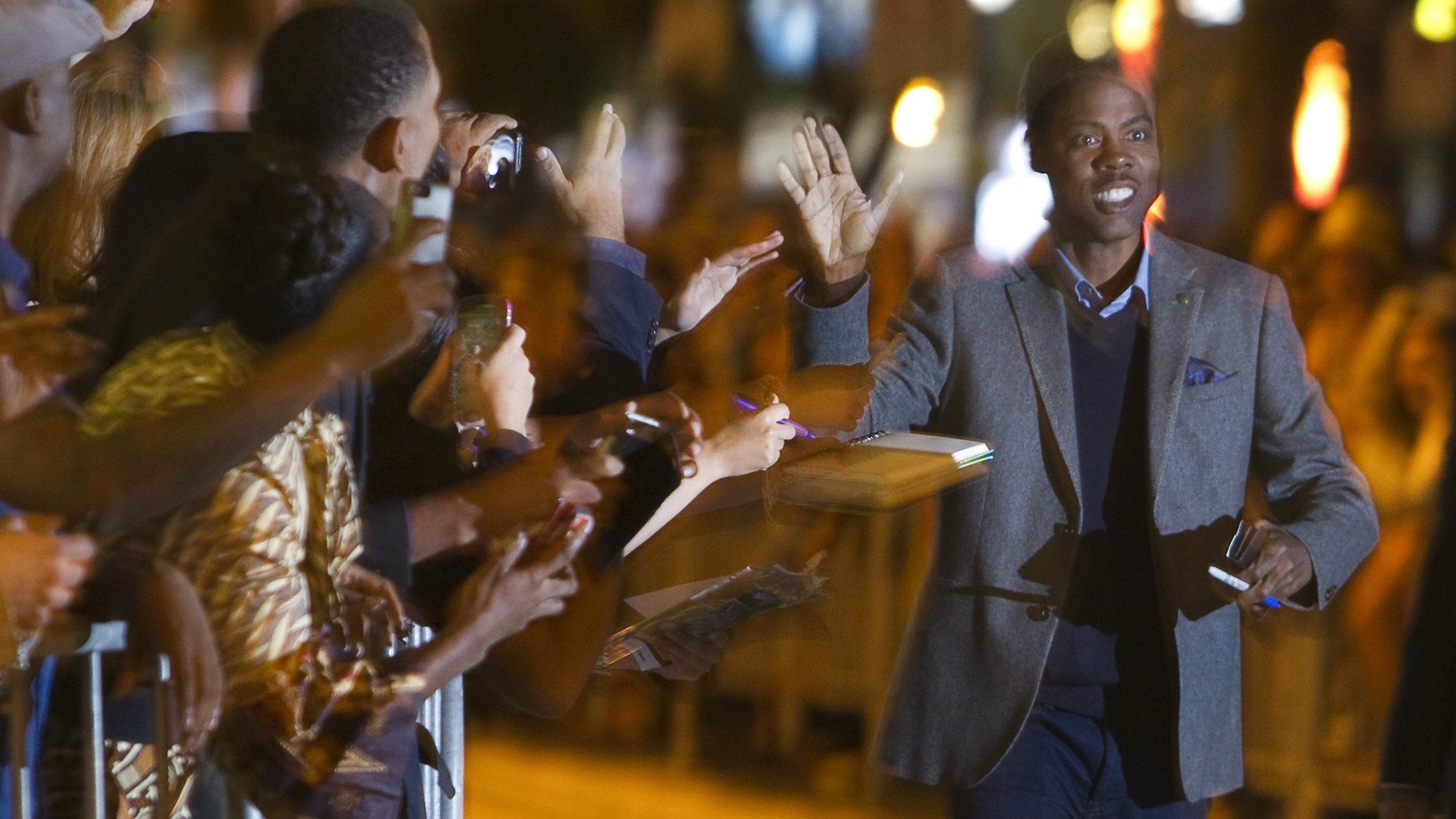We have collective amnesia on race; I blame Chris Rock
Just when I was breathing a sigh of relief from year-in-review and best-of lists, Chris Rock’s film Top Five is hitting theaters, the Academy just released its list of Oscar nominees, and The Washington Post just alerted readers that it is seeking help in creating a list of the best state-based political reporters.


Just when I was breathing a sigh of relief from year-in-review and best-of lists, Chris Rock’s film Top Five is hitting theaters, the Academy just released its list of Oscar nominees, and The Washington Post just alerted readers that it is seeking help in creating a list of the best state-based political reporters.
Lists are entertaining. They are also a good intellectual short-cut for choosing who and what we should know and how we should think about current events. But that is also their problem. It’s not that I don’t like competition, it’s that these rankings and Top Five, Tens, and One Hundreds foster our collective amnesia. They sap the understanding and life out of politics.
Collective amnesia occurs when we are no longer able to properly recognize what is happening around us because we don’t adequately understand our own past. And without knowing our political past, we can’t adequately understand what we need to do in the future. On Martin Luther King day, I’m particularly concerned about how little we don’t know about our racial past.
As a professor of political science, I see the symptoms of this every day. Here’s an example of from the introductory class on political ideas I taught last semester.
We were covering different definitions of racism in response to the Ferguson protests of Mike Brown’s death by a police officer. I had the students watch various current and historical campaign ads that have been considered racist. For example, I showed the Willie Horton ad, which depicts Governor Dukakis’ prison leave policy as directly resulting in a rape and murder by Willie Horton. Similarly, I showed an old George Wallace campaign ad with images against desegregation. I also showed Pete Hoeskra’s ad that showed a Chinese woman thanking Michigan for sending China its jobs.
I asked the students to rank which ads, if any, were racist. Many students did not find the Wallace or the Dukakis ads racist. They saw “just” students on a bus, rather than a bus of all-white students who didn’t want to leave their all-white schools. Similarly, they did not see an image of a black criminal as a media trope that inspires fear, they saw “just” a criminal. Their post-racial attitudes didn’t reflect an historical understanding of the United States’ racialized past. Not surprisingly, some of the same students in that class had not heard of the protests in Ferguson.
Of course, there are lots of studies illustrating Americans ignorance about the past. When Newsweek gave 1,000 US citizens the American Citizenship test, 73% of them couldn’t correctly say why we fought the Cold War. The Southern Poverty Law Center found in 2011 that more than half of the US states did not adequately teach the Civil Rights movement. As the late historian, Tony Judt wrote, we live in “an age of forgetting.”
In many ways, our government spending priorities reflect our collective commitment to continued forgetting. In 2011, the US Congress voted to de-fund the only federal government’s professional development program for history teachers. According to the National Association of Colleges and Employers, workers with at least four years of college make more than 50% higher salaries than teachers do.
So while I encourage you to vote for your favorite political journalists, and enjoy making a list of your top 5 rappers, remember that relying on other people’s rankings give more power to gatekeepers to tell us who and what to think about. Such lists can prevent us from connecting current events to the past, and expanding our political understanding. If you don’t have any context of racism or Civil Rights, you won’t care that this year’s Oscar nominees is the whitest in decades. Such an understanding is necessary, not only to fully appreciate how far we have come, but also how far we need to go.